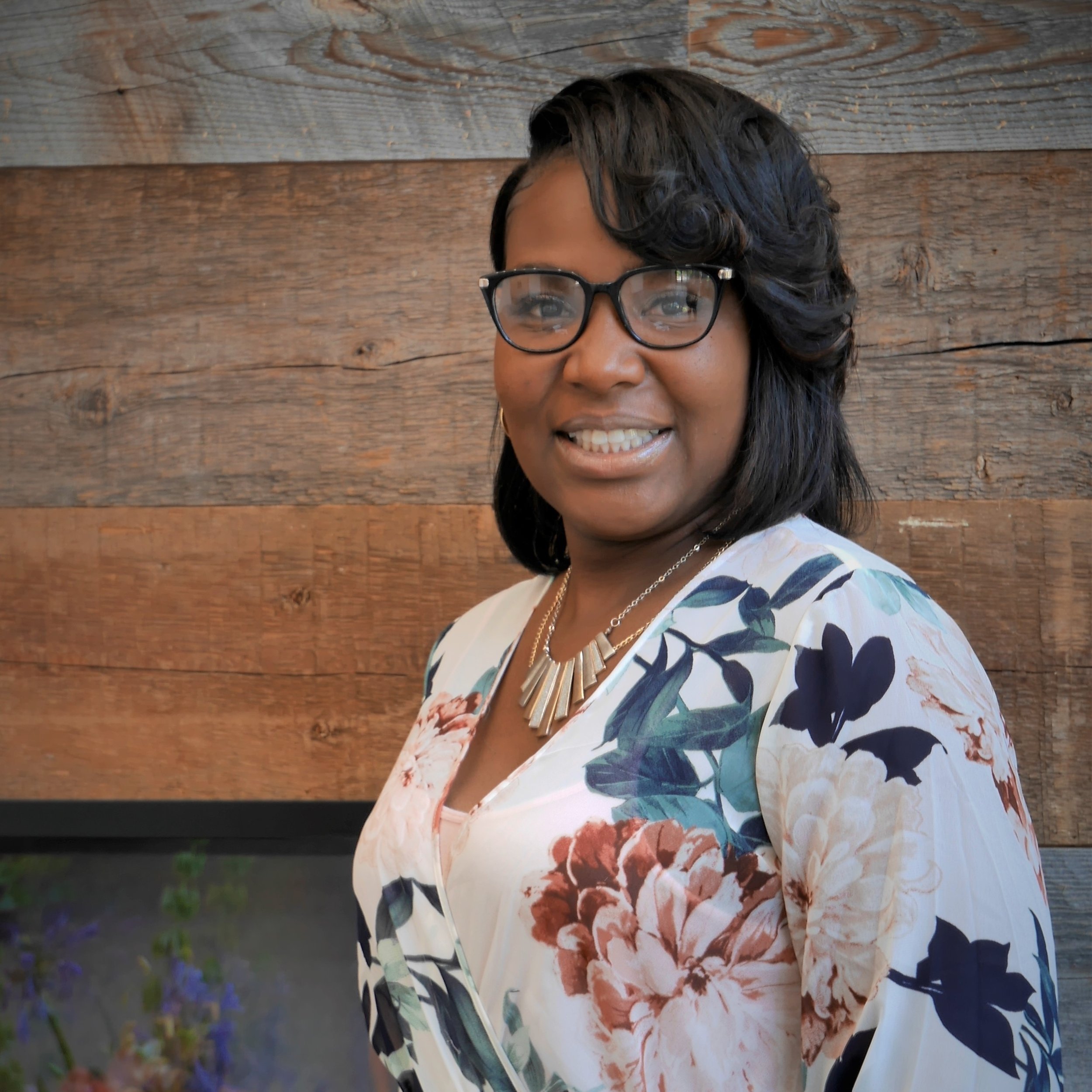
Decades of systemic oppression have held you back…meaningful education and a community to help push you forward will positively impact your future…it’s time to Thrive Sis!
Our Mission
Our mission is to provide Black and Brown women with a supportive community to help them thrive in every aspect of their lives. We focus on entrepreneurship education, health and wellness engagement, personal growth, and higher education readiness as the keys to success and insurance that our members have the tools, resources, and knowledge necessary to break down barriers and unlock their full potential.
Our Vision
We believe it’s possible to live in a world where Black and Brown women are positively celebrated; acknowledged for their contributions to society; have equal access to building their dreams, are aware of resources to care for themselves fully, and possess the tools to close disparity gaps that prevent them from reaching thier highest potential. Everyone should ahve the chance to thrive.
Founding Members
5 Reasons
Our Work Makes a Difference
-
National data and first-hand experiences allow a clear understanding of the critical need for services and programs to address the issues head-on and build a more equitable future.
The data points below intersect in many ways to create barriers and systems of oppression that many women find difficult to overcome and reach their true highest potential.
Although our list of reasons is exhaustive beyond what is listed here, these are the key motivating factors that inform and guide our mission and programs. We believe in a holistic approach to supporting our members in reaching success. They must be healthy and have access to resources in order to reach true success in all aspects of their lives.
Black-owned businesses are disproportionately affected by decades of systemic oppression.
Black women are the fastest-growing demographic of entrepreneurs in the U.S., however, face disproportionate financial headwinds and are more likely than other demographics to self-fund their businesses.
Only 3% of Black women are running mature businesses.
Businesses owned by black women receive less than 1 % of financial capital in the U.S.
Only 2 percent of African American women are represented in science, technology, engineering, and mathematics, or STEM fields, while women in total make up 24 percent of the STEM workforce.
White women make more than Black women among full-time, year-round workers, regardless of what degree they have obtained.
Black women are experiencing unemployment, especially in the wake of COVID-19 at a rate of 10.9%, compared to 7.6% for white women and 8.3% for women overall.
Black women are 3 times more likely than white women to be incarcerated.
The poverty rate for Black women is 28.6 %,13 in comparison to the poverty rate of white women, non-Hispanic women is 10.8 %
Black women are the most marginalized group in the United States of America.
Black women earn 64 cents for every dollar earned by white, non-Hispanic
Black women remain underrepresented at every level of federal and state political office in the United States.
Child care exceeds 20% of Black women’s median annual earnings.
Entrepreneurship is generally not offered as an option for Black women facing economic hardships/poverty. Why not?
And the list goes on….
-
1 in 4 Black women are uninsured in the United States of America.
46% of Black women 20 years of age and older have hypertension, whereas only 31 percent of white women and 29% of Hispanic women in the same age bracket do.
African American women have higher overall mortality rates from breast cancer. Every year 1, 722 Black women die from breast cancer - an average of five per day.
Black women represent 65% of new AIDS diagnoses among women.
Black women are 4 times more likely to die from pregnancy-related causes, such as embolism and pregnancy-related hypertension, than any other racial group.
Black women have the highest rate of premature births and are more likely to have infants with low or very low birth weights. Black infants are more than 2.4 times more likely as white infants to die in their first year of life.
Only 35% of Black lesbian nd bisexual women have had a mammogram in the past two years, compared to 60 percent of white lesbian and bisexual women.
Black women have higher rates of human papillomavirus, or HPBD, and cervical cancer, with mortality rates double those of white women.
Recent research suggests Black women are 10 percent more likely to struggle with serious mental health issues than non-Hispanic whites.
Black Americans report some of the lowest levels of mental health treatment.
Black women face significant disparity in mental health care.
-
Black and brown women often face multiple forms of discrimination and marginalization due to their gender AND race. Supporting black women is crucial for advancing social justice and promoting equality. By recognizing and addressing their unique experiences, challenges, and contributions, we can work towards a more inclusive and equitable society for all.
-
Supporting women of color means amplifying their voices and providing opportunities for representation. Black women have historically been underrepresented in various fields including small business, politics, media, corporate, and even the nonprofit sector. By supporting and empowering women of color, we can ensure that diverse perspectives are included in decision-making processes, and cultural narratives, leading to more inclusive and comprehensive solutions to societal issues.
-
Supporting women of color can have a positive impact on economic empowerment and community development. Women of color are often the backbone of their families and communities, and investing in their education, entrepreneurship, and professional development can lead to economic growth and improved social outcomes. By providing resources, mentorship and access to opportunities we can help black women thrive and contribute to the well-being of their community.








